Peruvian Apple Cactus Info – Learn About Peruvian Cactus Care
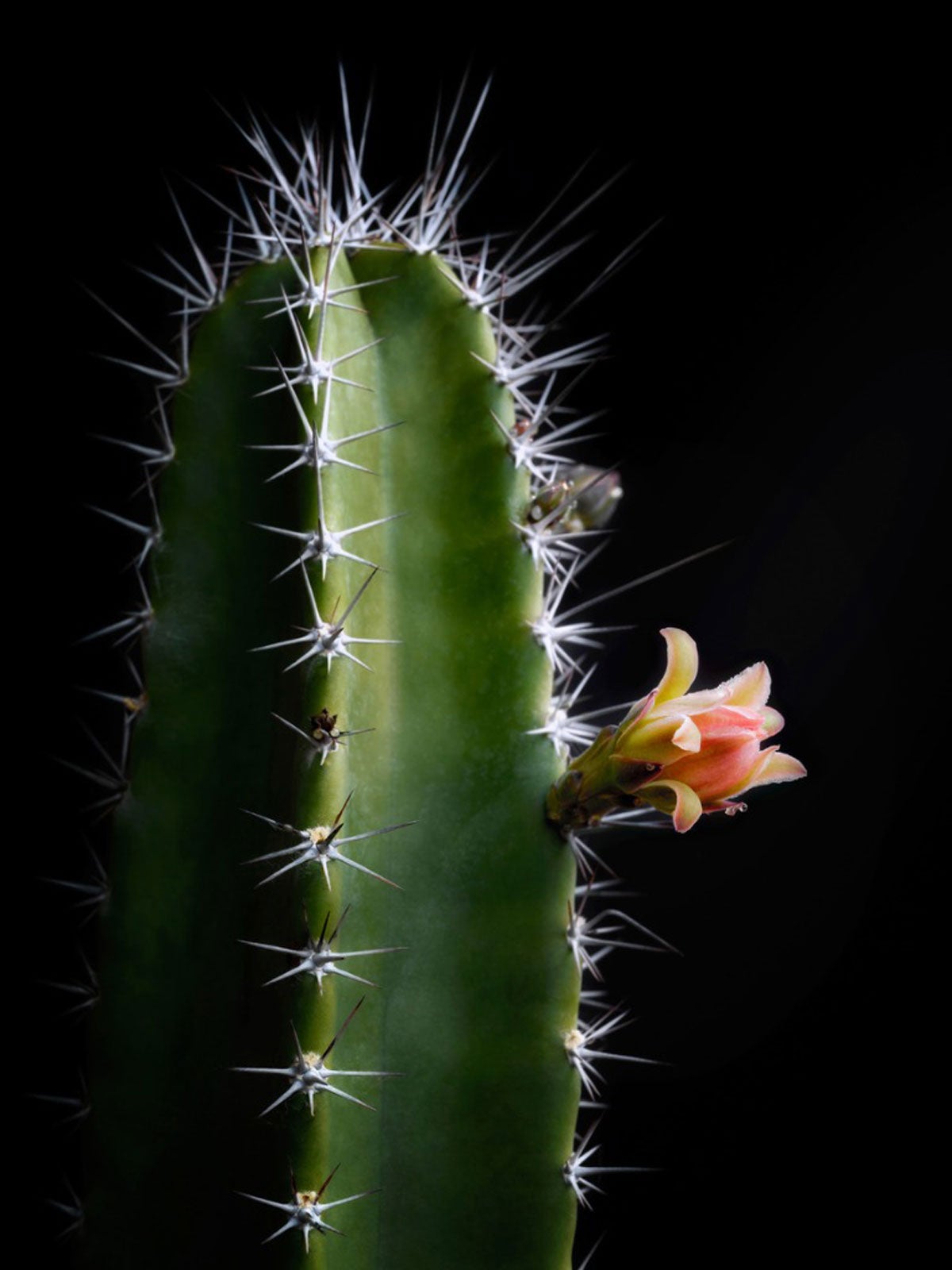

Growing Peruvian apple cactus (Cereus peruvianus) is a simple way to add a beautiful form to the landscape, given the plant has appropriate conditions. It is attractive, adding a hint of color to a monochromatic bed. Dry and sunny conditions are necessary for column cacti to grow happily in USDA zones 9 through 11.
What is a Column Cactus?
This is a long lived, thorny cactus that grows vertically in a single column. The column cactus may reach 30 feet (9 m.) in height. It is among the favorites of both indoor and outdoor growers. Columns are a bluish gray/green, growing upright in a single column with three to five blades.
Large flowers produce edible fruit (Note: it is suggested in Peruvian apple cactus info that you consult with your health care provider before ingesting the fruit). The fruit, of course, is called Peruvian apple. It is about the size of a small apple, with similar coloring. It is locally known as “pitaya” when growing in its native areas of South America. Fruit is thornless and sweet when fully developed. The longer it is left, the sweeter it becomes.
Peruvian Cactus Care
Outdoors, the cactus can be acclimated to medium or even full sunlight, while avoiding the hottest midday and afternoon sun. The large flowers bloom at night or in the early morning with each bloom lasting just a few hours.
When growing Peruvian apple cacti, plant them in large groupings when possible to have more flowers providing more fruit. Flowers must be pollinated to produce fruit.
To expand your plantings, you may take cuttings from your tall plant or purchase them at several locations. Peruvian cacti also grow from seeds.
Watering, an important part of Peruvian cactus care, is an exacting monthly task to keep the plant happy. Make sure the water reaches the root zone. Begin with 10 ounces (296 ml.) once a month, checking first to make sure stems and blades are spongy, which indicates the need for water. Check the soil as well.
Gardening tips, videos, info and more delivered right to your inbox!
Sign up for the Gardening Know How newsletter today and receive a free copy of our e-book "How to Grow Delicious Tomatoes".
Keep an eye on details to determine how often and how much water is needed for your plant in its location. Poke holes lightly above the root zone to ensure the water is reaching it. Rainwater is appropriate for watering cacti.
Peruvian Apple Cactus Care Indoors
Plants grow well indoors and are often sold in various lengths for replanting. Place the Peruvian apple cactus in bright but indirect light when growing it as a houseplant. Turn the container if you notice the tall cactus leaning into the light.
Water thoroughly during periods of growth and allow the soil to dry out before watering again. Grow the cacti in a fast-draining succulent blend with amendments. These plants may flower indoors if happily located.
Also known as Queen of the Night, the column cactus is botanically named Cereus peruvianus, or it was until several reclassifications renamed it Cereus uruguayanus. This is only necessary information if you want to double check that you’re purchasing the exact plant, as most information is still found under peruvianus.

Becca Badgett was a regular contributor to Gardening Know How for ten years. Co-author of the book How to Grow an EMERGENCY Garden, Becca specializes in succulent and cactus gardening.
-
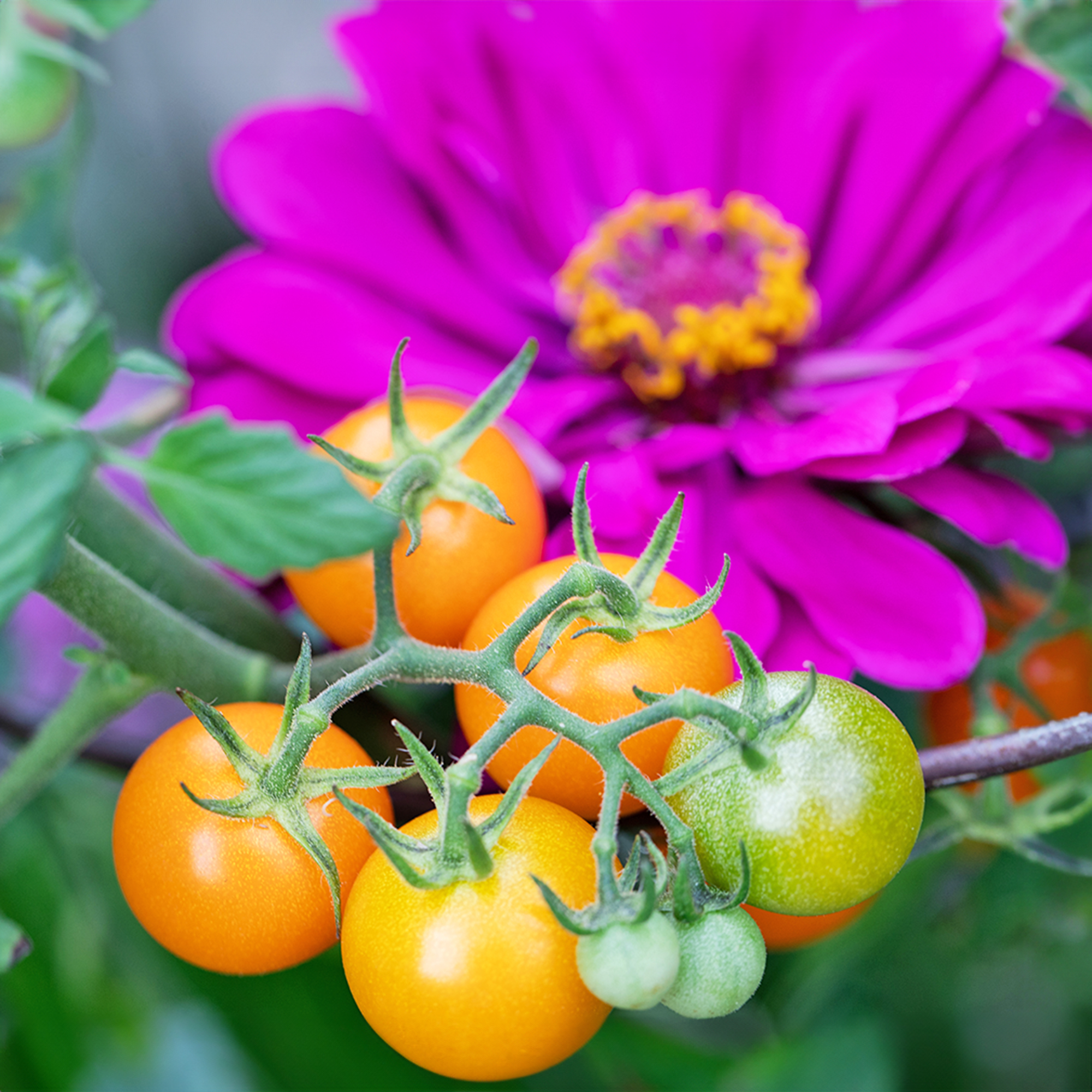 8 Perfect Flowers To Plant With Tomatoes To Boost Yields & Banish Pests
8 Perfect Flowers To Plant With Tomatoes To Boost Yields & Banish PestsDon’t forget flowers when choosing companion plants for your tomato beds or pots. These pretty, fragrant blooms add beauty but are also highly beneficial.
By Mary Ellen Ellis
-
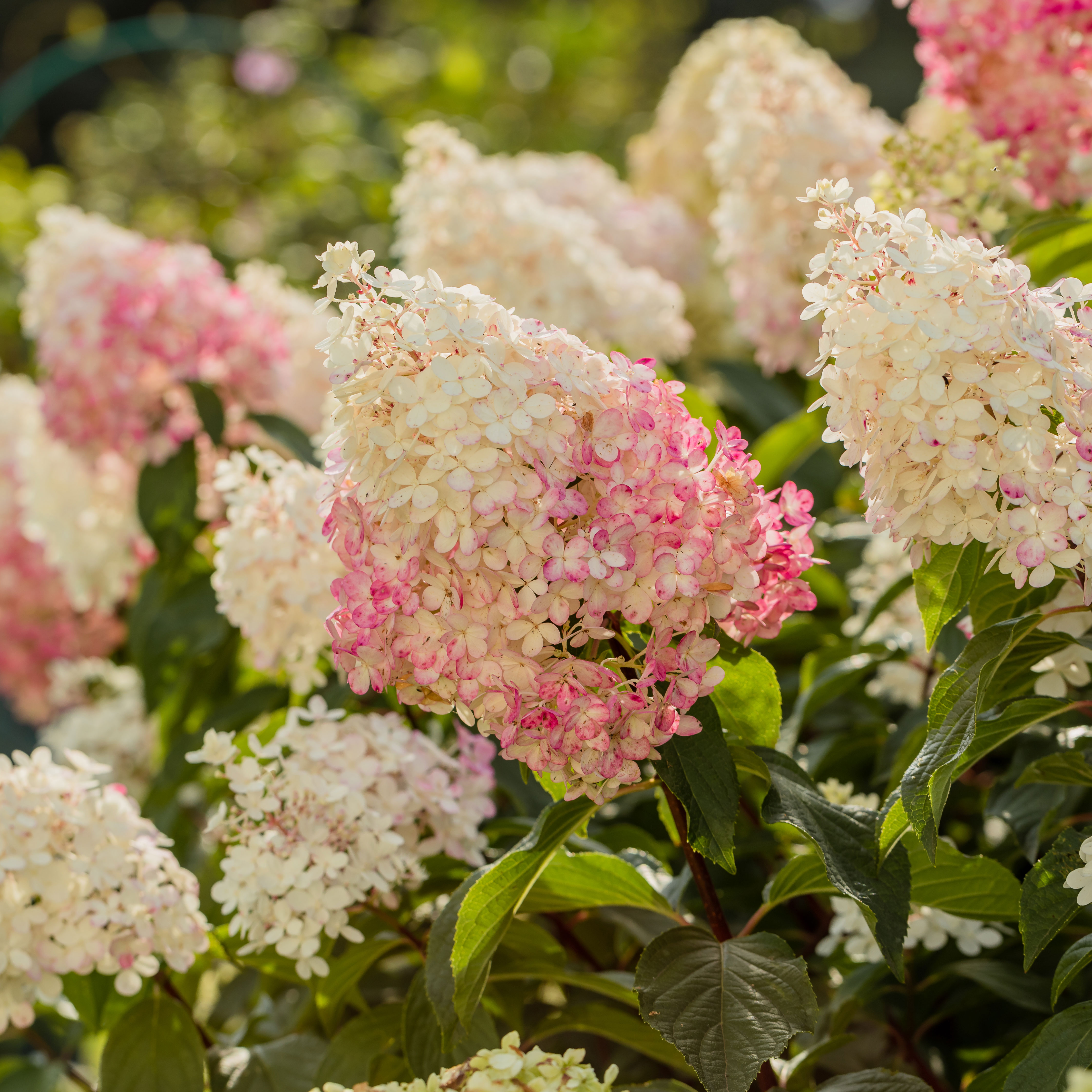 Want The Longest Lasting Hydrangea Flowers? Grow These 8 Panicle Hydrangea Varieties
Want The Longest Lasting Hydrangea Flowers? Grow These 8 Panicle Hydrangea VarietiesFor ornamental shrubs that deliver the longest flowering seasons with plush blooms and delicate hues, these panicle hydrangea varieties are essential in your yard
By Tonya Barnett
-
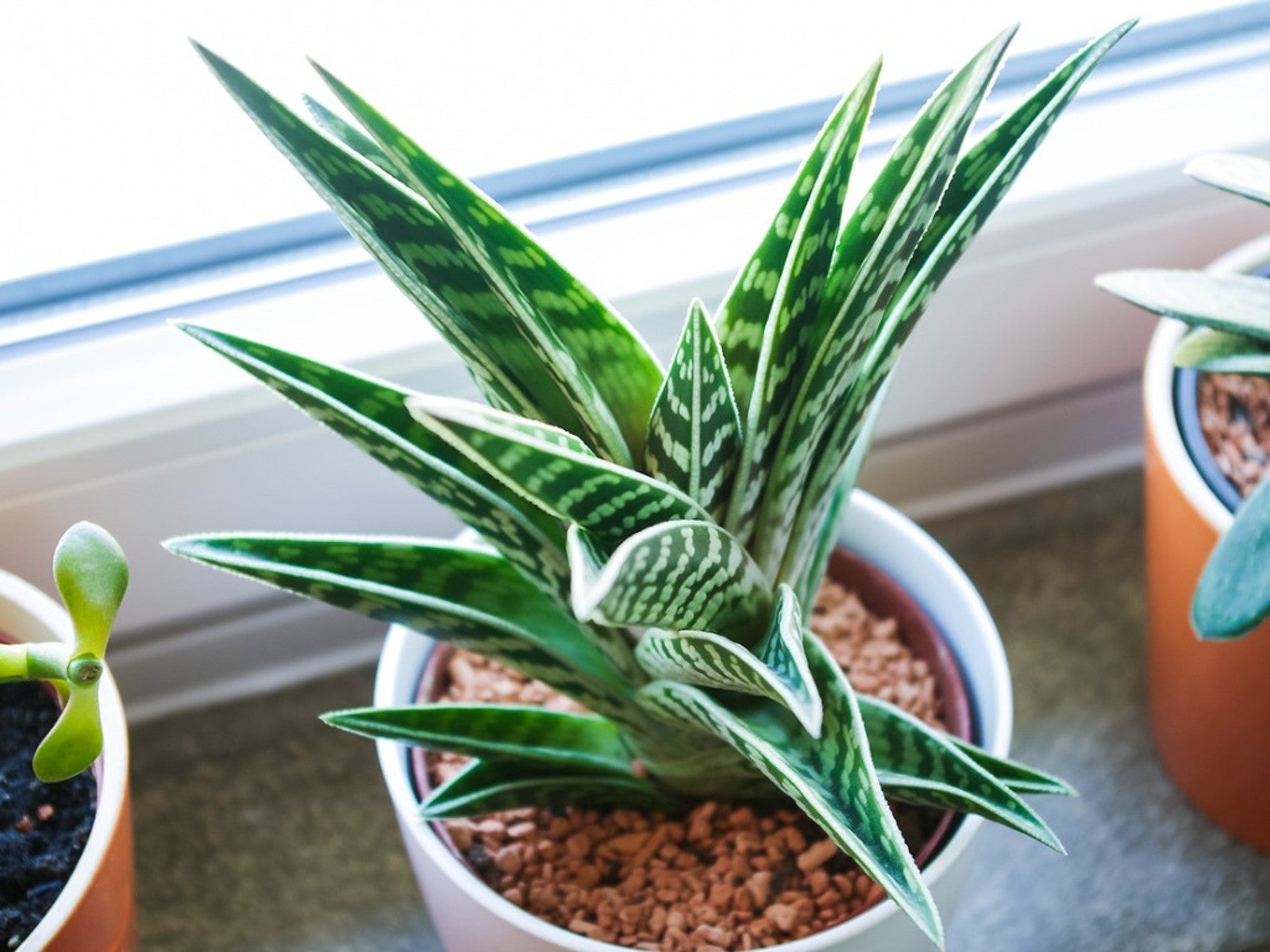 Variegated Succulents To Add To Your Plant Collection
Variegated Succulents To Add To Your Plant CollectionRead about some of the pretty variegated species that add beauty and interest to your succulent collection.
By Becca Badgett
-
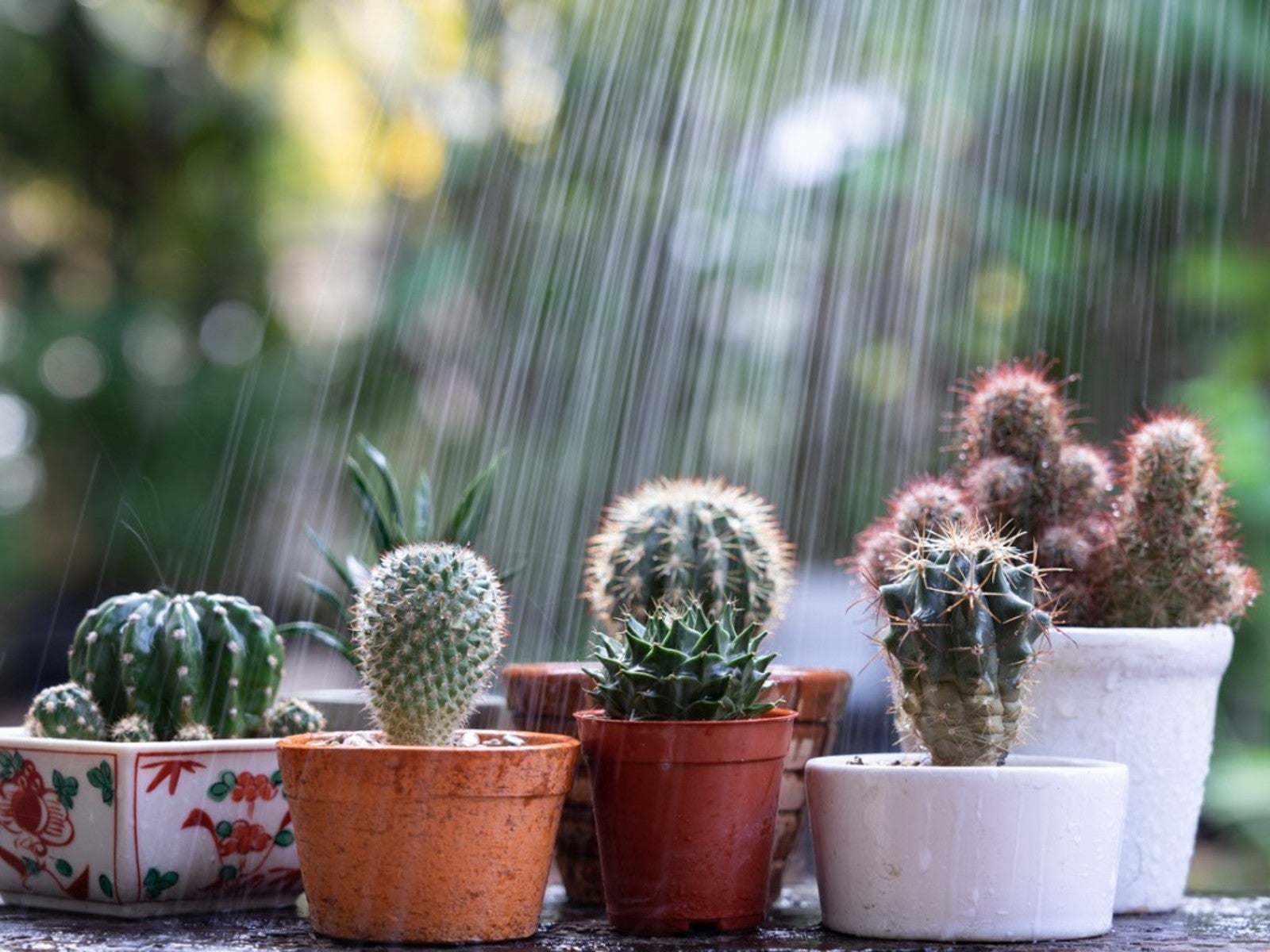 How To Protect Succulents And Cacti From Rain
How To Protect Succulents And Cacti From RainRain has the potential to cause damage to our cacti and succulents. However, when planted in proper soil, rainfall may perform as just a deep watering. Read on for more.
By Becca Badgett
-
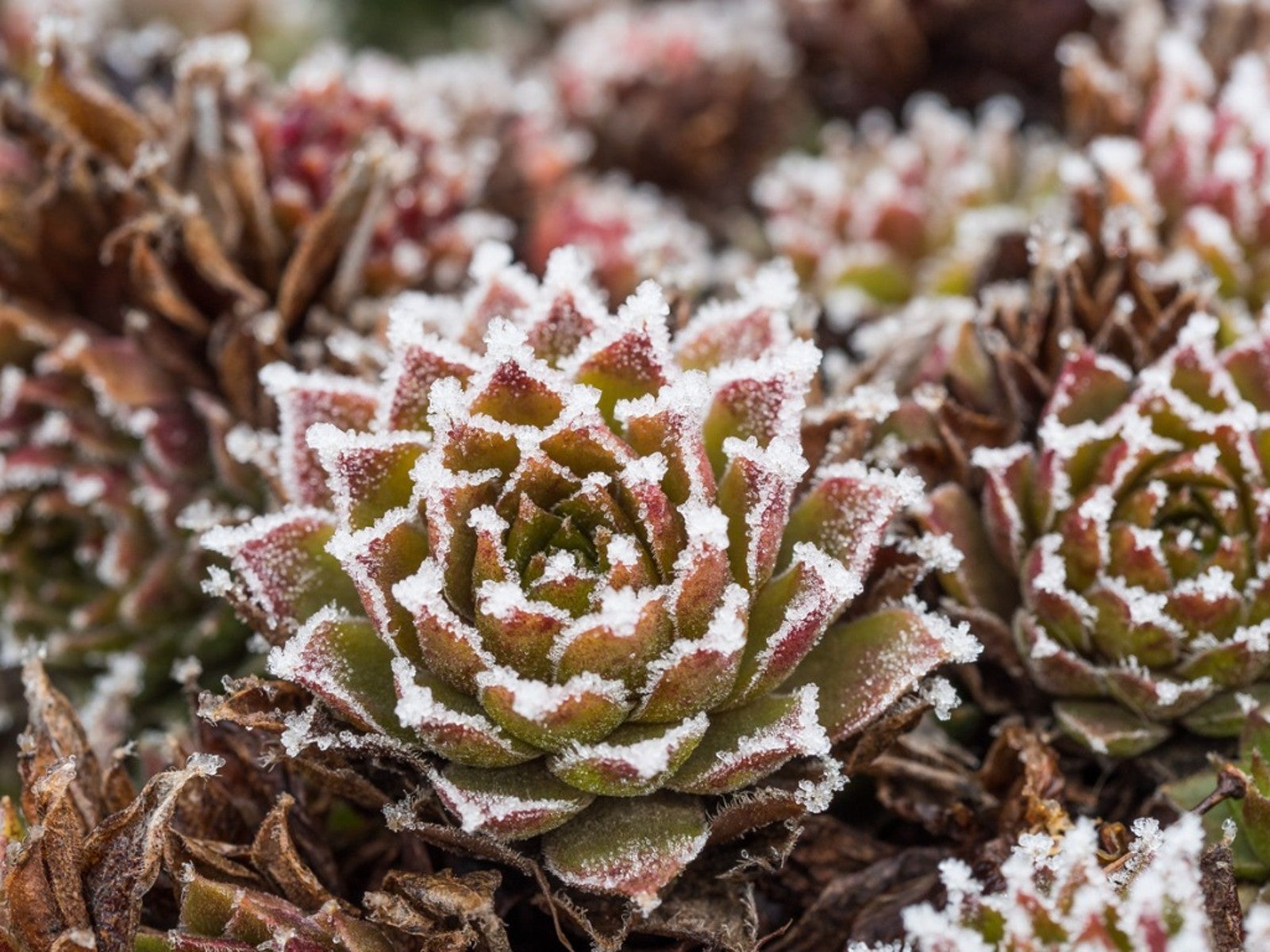 Succulents and Frost: How To Save A Succulent From Frost Or Freeze
Succulents and Frost: How To Save A Succulent From Frost Or FreezeCan succulents withstand cold? Succulents and frost don't traditionally go together and can result in damage, but you may be able to save frozen succulents.
By Bonnie L. Grant
-
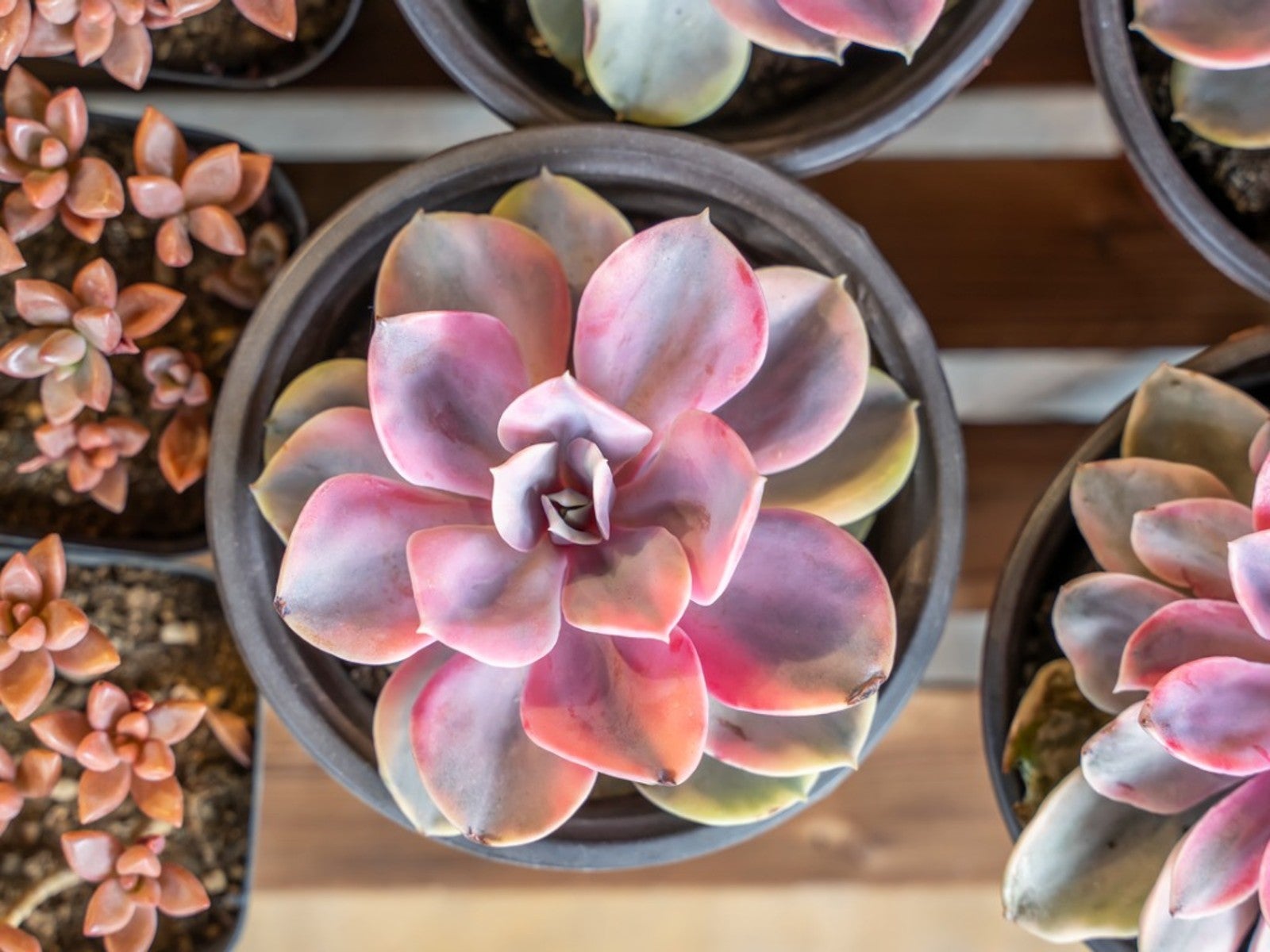 Pink Succulents Varieties To Try: How To Grow Perfect Pink Succulent Plants
Pink Succulents Varieties To Try: How To Grow Perfect Pink Succulent PlantsPink succulents may display the color on leaf edges or with streaks or blotches mingled throughout the foliage. Here are our favorites.
By Becca Badgett
-
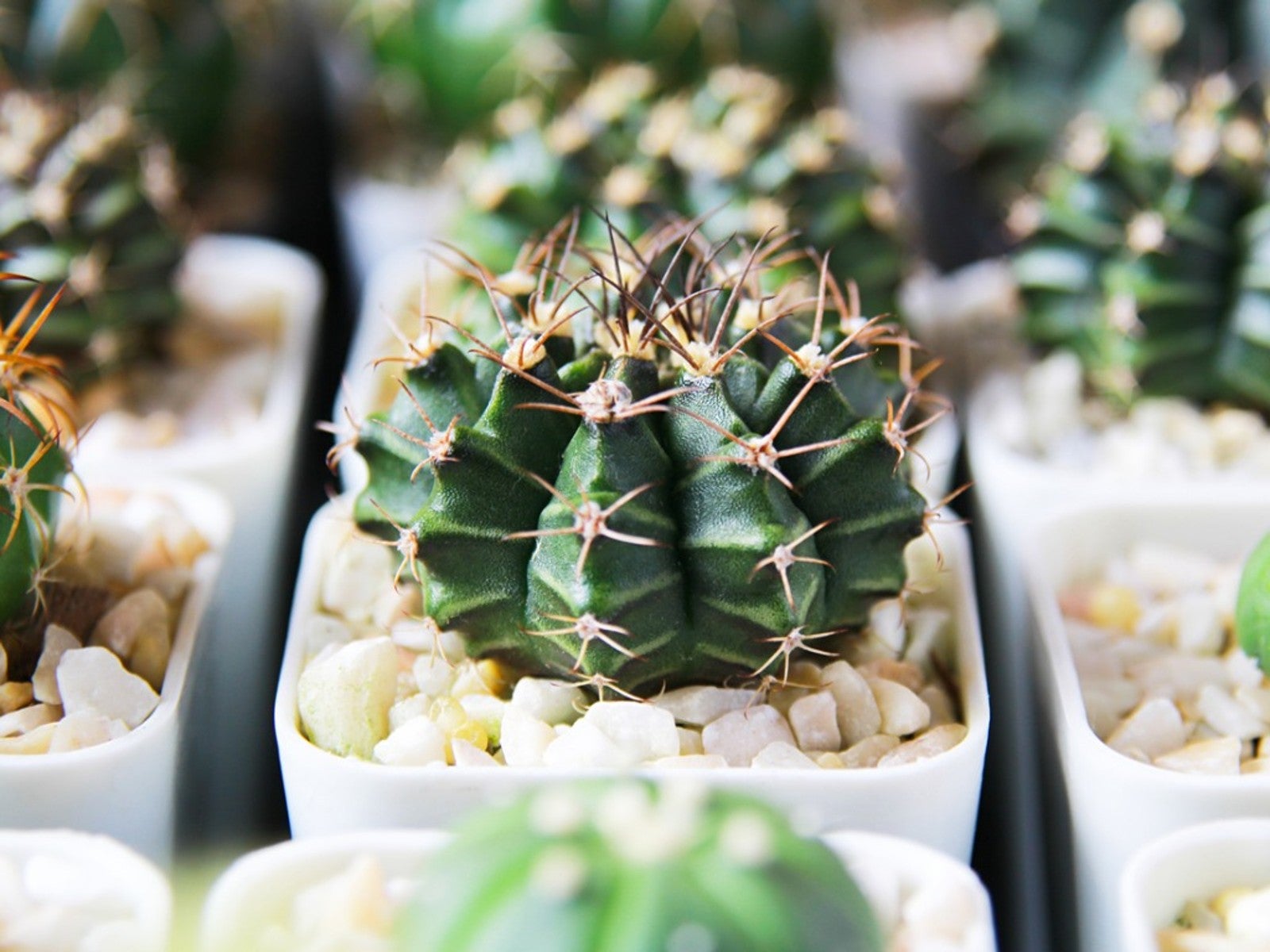 10 No Fuss Cacti - What’s The Best Low Maintenance Cactus
10 No Fuss Cacti - What’s The Best Low Maintenance CactusIf you’re thinking of adding plants to your collection, consider no fuss cacti. Click here for an easy cacti list, even for beginners.
By Becca Badgett
-
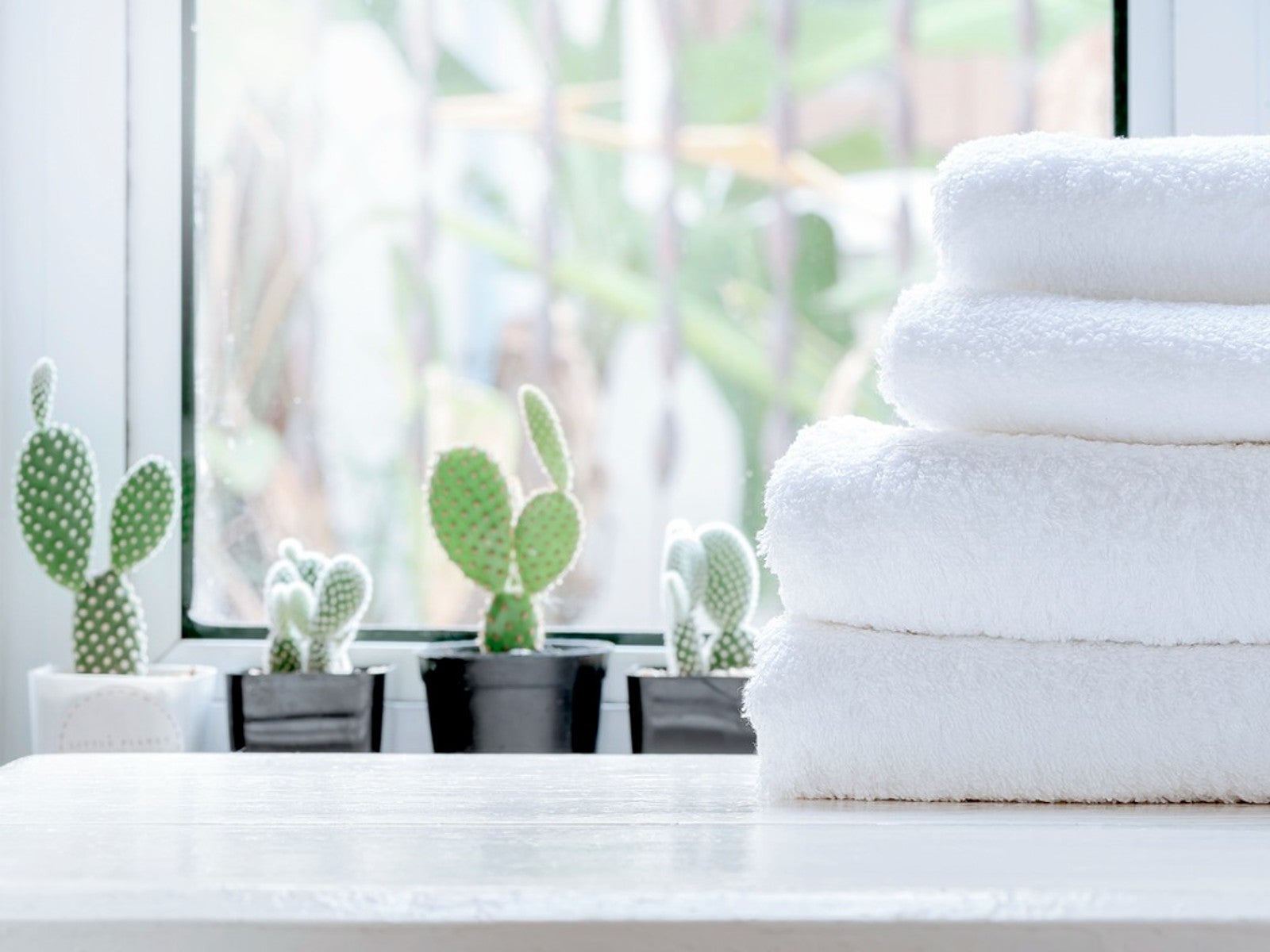 5 Best Succulents For A Bathroom
5 Best Succulents For A BathroomSome succulents can be great options for bathroom decoration. Read on for our top five bathroom succulent ideas.
By Becca Badgett
-
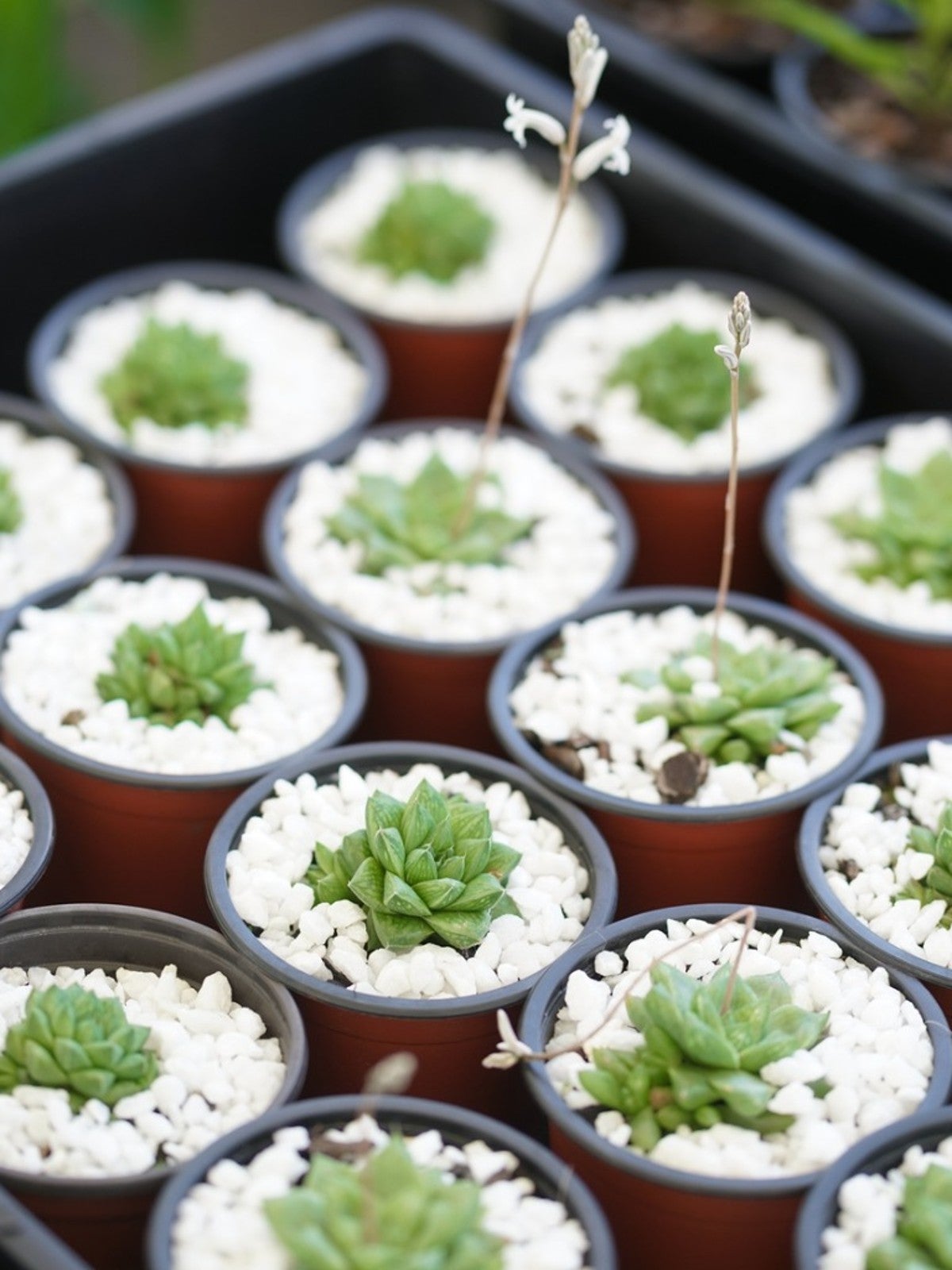 What Is A Succulent Starter Kit - Best Succulent Starter Kits
What Is A Succulent Starter Kit - Best Succulent Starter KitsWhile garden kits are not the most inexpensive option for growing succulents, they do include everything you’ll need. Grow succulents from seed by using a succulent seed starter kit to learn the process and to check your results.
By Becca Badgett
-
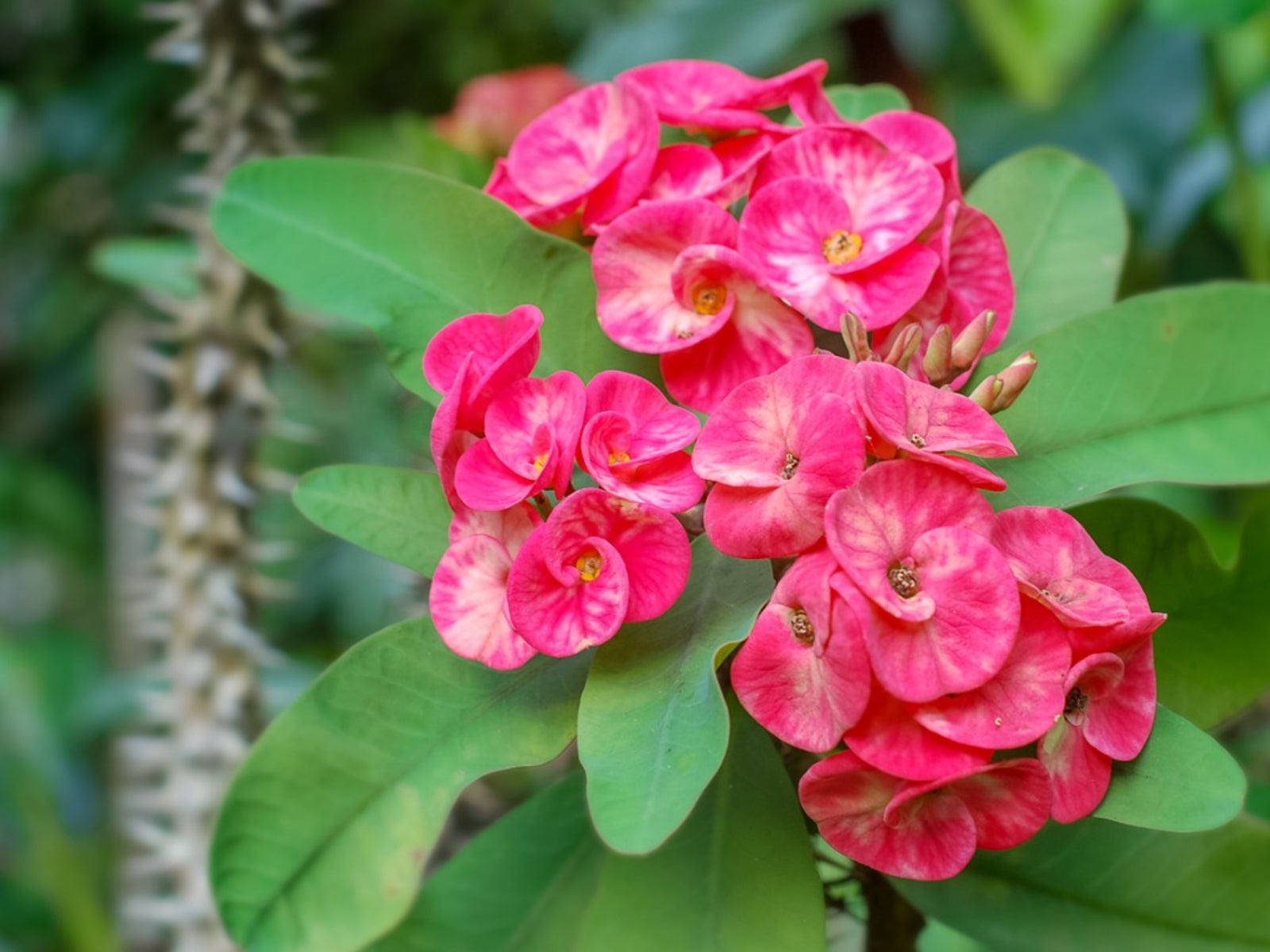 Dazzling Succulents - Succulents With Striking Flowers
Dazzling Succulents - Succulents With Striking FlowersWhen you think of succulents you may just envision their unique leaves and stems. But succulents also produce bright and bold flowers in the right conditions. Read on to learn more.
By Bonnie L. Grant